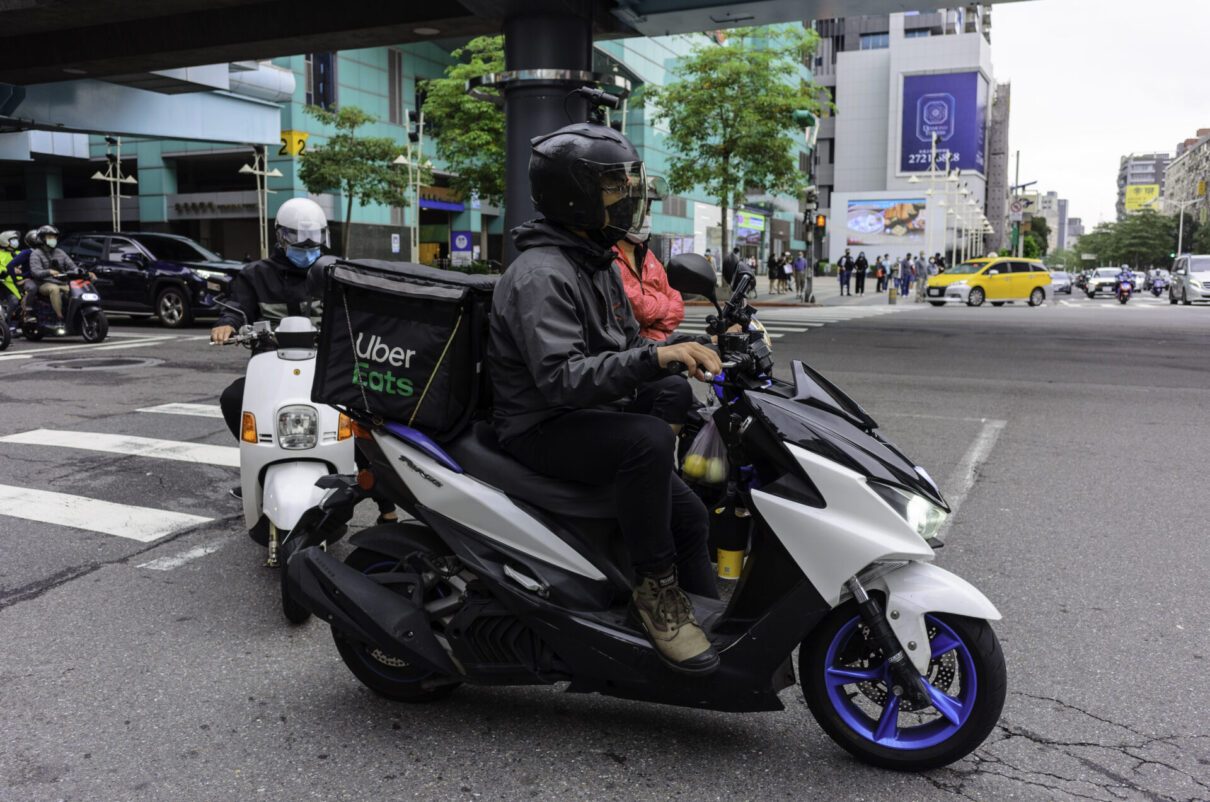New Report Reveals Changing Face and Future of Self-Employment

A new report by the Australia Institute shows self-employment in Australia has changed in recent years, towards fewer business owners and more gig work.
The Centre for Future Work’s Carmichael Centre study shows that self-employment is both shrinking and becoming more precarious.
Over the past decade, there were 112,000 fewer employers, 35,000 more part-time solo self-employed, and 91,000 fewer full-time solo self-employed than there would have been if their shares of total employment had remained unchanged.
“Contrary to some predictions, self-employment has not taken over the world – but the nature of what self-employment means has changed,” said David Peetz, research fellow and author of Self Employment Myths & Realities.
“Self-employment is in decline, not just in Australia but overseas.
“The only thing that’s growing in the self-employment area is part-time, solo self-employment. A lot of that is ‘gig’ work. It’s insecure, the pay is poor, it’s sometimes even dangerous.
“The nature of what self-employment means has changed. For someone wanting to be their own boss, it’s a lot harder these days to get a small business into markets. Big firms aren’t keen to let them in. They’re a lot happier to just hire a contractor to do short gigs for them.
“There’s a lot of barriers to start-ups, but there’s no barriers to how many delivery drivers rely on three different apps to make ends meet.
“This has left many self-employed workers exposed to poorly regulated or non-existent workplace standards.”
The report shows standards and protections can be set for gig workers. This can be done in ways that these workers actually want, without getting in the way of the genuine innovators among the self-employed.
“The second tranche of the government’s Closing Loopholes Bill puts a floor on gig work standards and is vital to protect livelihoods and the economy,” Professor Peetz said.
“Workers want the flexibility that comes with self-employment, but they also want and deserve to be protected.
“The protections in the government’s Closing Loopholes Bill, returning to parliament next year, strike the right balance between protecting the right to choose self-employment and stamping out exploitation of vulnerable workers.”
Related research
General Enquiries
Media Enquiries
Glenn Connley Senior Media Adviser